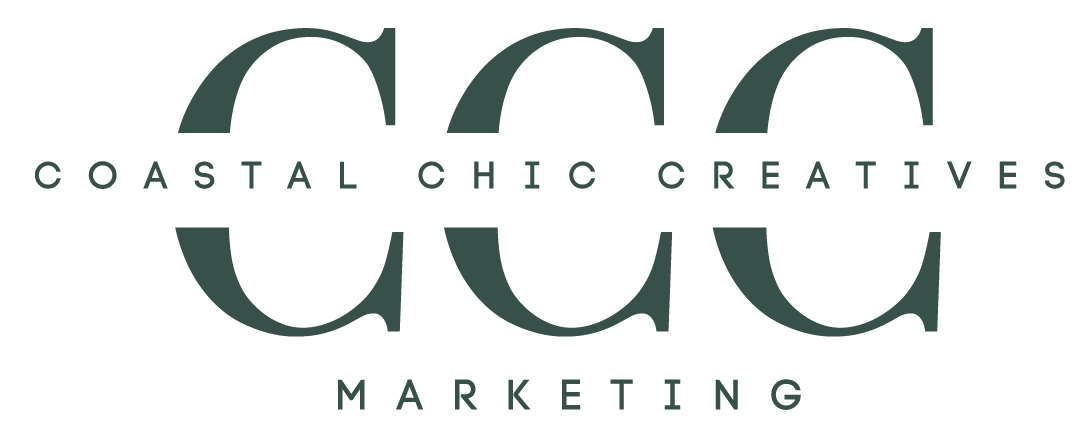By Daniella Parra
Quick Guide to SEO: How to Get Found on Google
Let’s be honest—the word SEO either makes people’s eyes glaze over or sends them into a panic Googling, “What is SEO in simple terms?” If that’s you, don’t worry—you’re not alone. SEO may sound like tech jargon, but at its core, it’s simply about helping your business show up when people search online. So grab your coffee and let’s break down SEO in a way that’s not boring, overly complicated, or written for robots.
In this guide:
- What Even Is SEO?
- Why SEO Matters (Yes, Even for Small Businesses)
- SEO Basics: The 3 Main Ingredients
- Keywords: The Foundation of SEO
- How to Actually Do SEO (Step by Step)
- Common SEO Mistakes to Avoid
- The Future of SEO
- Quick Recap
- FAQ
What Even Is SEO?
SEO stands for Search Engine Optimization. Basically, it’s the art (and a little bit of science) of making your website/posts more attractive to search engines like Google. Why? Because when someone types in “best tacos in Miami” or “nail salon near me,” you want your business to pop up—not get lost on page 7 of the results. Think of SEO as your website’s personal hype-man. It’s the behind-the-scenes work that tells Google, “Hey, this page is helpful, trustworthy, and worth showing people.”
Why SEO Matters (Yes, Even for Small Businesses)
- Credibility: Sites that rank high instantly feel more trustworthy.
- Traffic = Opportunity: More visibility means more chances to turn someone into a customer.
- Free Exposure: Unlike ads, you don’t pay per click—organic traffic compounds over time.
- Your Competitors Are Doing It: And if they aren’t… that’s your edge.
SEO Basics: The 3 Main Ingredients
1) On-Page SEO (the content stuff)
- Use keywords (the words people type into Google) naturally.
- Create helpful, easy-to-read content.
- Add titles, headings, and meta descriptions.
- Make sure your site is mobile-friendly.
Think of on-page SEO as your website’s wardrobe—dress it to be attractive and approachable.
2) Off-Page SEO (the popularity stuff)
- Get other websites to link back to you (backlinks).
- Be active on social media (yes, it helps visibility).
- Get mentioned in directories and earn reviews.
Off-page SEO is your reputation. If others are talking about you, Google notices.
3) Technical SEO (the nerdy stuff)
- Fast loading speeds.
- No broken links or errors.
- A clear site structure that Google can crawl.
Keywords: The Foundation of SEO
Keywords are what people type into Google. Your job? Figure out what your audience is searching for and use those words naturally in your content.
Example (nail salon in Fort Lauderdale):
- “best nail salon in Fort Lauderdale”
- “French manicure near me”
- “nail art designs 2025”
Sprinkle them naturally into your blog posts, website copy, page titles, and image descriptions—write for humans first, search engines second.
How to Actually Do SEO (Step by Step)
- Research: Use free tools like Google Keyword Planner, AnswerThePublic, or even Google’s auto-suggestions.
- Optimize Your Website: Clear titles and headings (with keywords), fast loading, mobile-friendly design, simple navigation.
- Create Valuable Content: Blogs, how-tos, videos, and FAQs that answer real questions.
- Build Your Online Reputation: Get listed in directories, request reviews, and build relationships on social.
- Track and Adjust: Use Google Analytics and Search Console—SEO is ongoing, not “set it and forget it.”
Common SEO Mistakes to Avoid
- Keyword stuffing: Don’t jam the same phrase into every sentence.
- Ignoring mobile: If it’s not mobile-friendly, you’ll lose half your audience.
- Letting content get stale: Update and improve old posts.
- Skipping analytics: If you’re not measuring, you’re guessing.
The Future of SEO
- Voice Search: Optimize for conversational phrases (“best tacos near me right now”).
- AI-Driven Search: Results are increasingly personalized.
- Video Content: YouTube is the world’s #2 search engine—don’t sleep on it.
- User Experience (UX): Easy navigation and good design increasingly influence rankings.
Quick Recap
- SEO = helping your business show up on Google.
- Three pillars: on-page, off-page, technical.
- Keywords are the foundation—use them naturally.
- Consistency beats hacks; measure and iterate.
- The future leans into voice, AI, video, and UX.
SEO doesn’t have to be scary or overly technical. It’s about helping real people find real solutions—your solutions—online. And if you’d rather not stress about meta descriptions at 2 a.m., we’ve got your back. 😉
FAQ
How long does SEO take to work?
Most sites see early movement in 6–12 weeks and stronger gains in 3–6 months, depending on competition and consistency. Do I need to blog?
Blogging isn’t mandatory, but helpful content increases the number of queries you can rank for—so it’s a strong growth lever. Should I focus on local SEO?
If you serve a local area, yes: claim and optimize your Google Business Profile, gather reviews, and add local keywords and service areas.
Published by Daniella Parra






